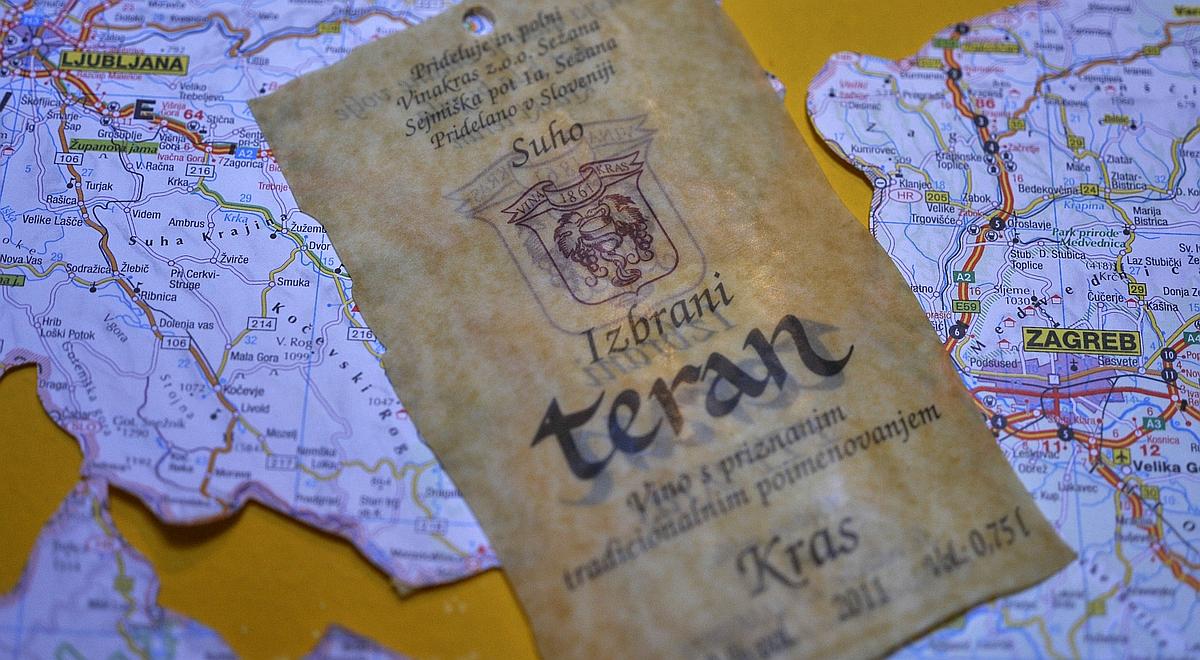
The commission also made public the delegated act on granting Croatia an exemption on the use of the name Teran. It will now wait for the response of the public for about a month. Slovenia said it was disappointed and preparing for possible litigation.
Previous comments made by the head of the European Commission, Jean-Claude Juncker, that the commission would examine the new elements in case, did raise hope that the commission's position might change. However, that did not happen. Despite the opinion of EU's Ombudsman about the procedure, and in spite of Slovenia's expressed suspicion of forged Croatian documents, the commission said: "After carefully examining the new facts, the commission has come to the conclusion that these new facts do not substantially change the commission's position, therefore the procedure for adopting the delegated act continues."
The draft delegated act was published on a public portal, where the commission will be gathering public comments and remarks for about a month. The act is to allow winemakers from the Croatian Istria region to put the Teran name on their product labels together with the name of the wine. However, the word Teran is to be written with smaller letters.
In his response PM Miro Cerar said: "Teran is a Slovenian wine and we will not give it up. We will strive to protect it to the very end. The first step will be for our minister to go hold talks with the EU Commissioner and find out why the issue continues to move forward and not in the direction we wanted." Agriculture Minister Dejan Židan said that last week he sent another bundle of extensive documentation to Brussels, also demanding access to Croatia's application documents. Židan said he was not surprised by the latest developments. He said he was sad, but also ready for battle: "Slovenia reacted immediately by sending a protest note, repeating that it has not yet received a response whether the presented documents were forged. That's important because the commission cannot make decisions based on forgery." Today Mr. Židan will inform the First Vice-President of the European Commission Frans Timmermans about the situation. The ministry will also be sending its remarks on the delegated act on the public portal. Slovenia is also preparing to sue the European Commission, if necessary.
Public proceedings on the delegated act will take place until mid-April. After that the commission will - with little or more amendments - formally adopt it. Once that happens, only the European Council or European Parliament will theoretically be able to stop the act from taking effect.
Erika Štular, RTV Slovenija; translated by K. J.

































































